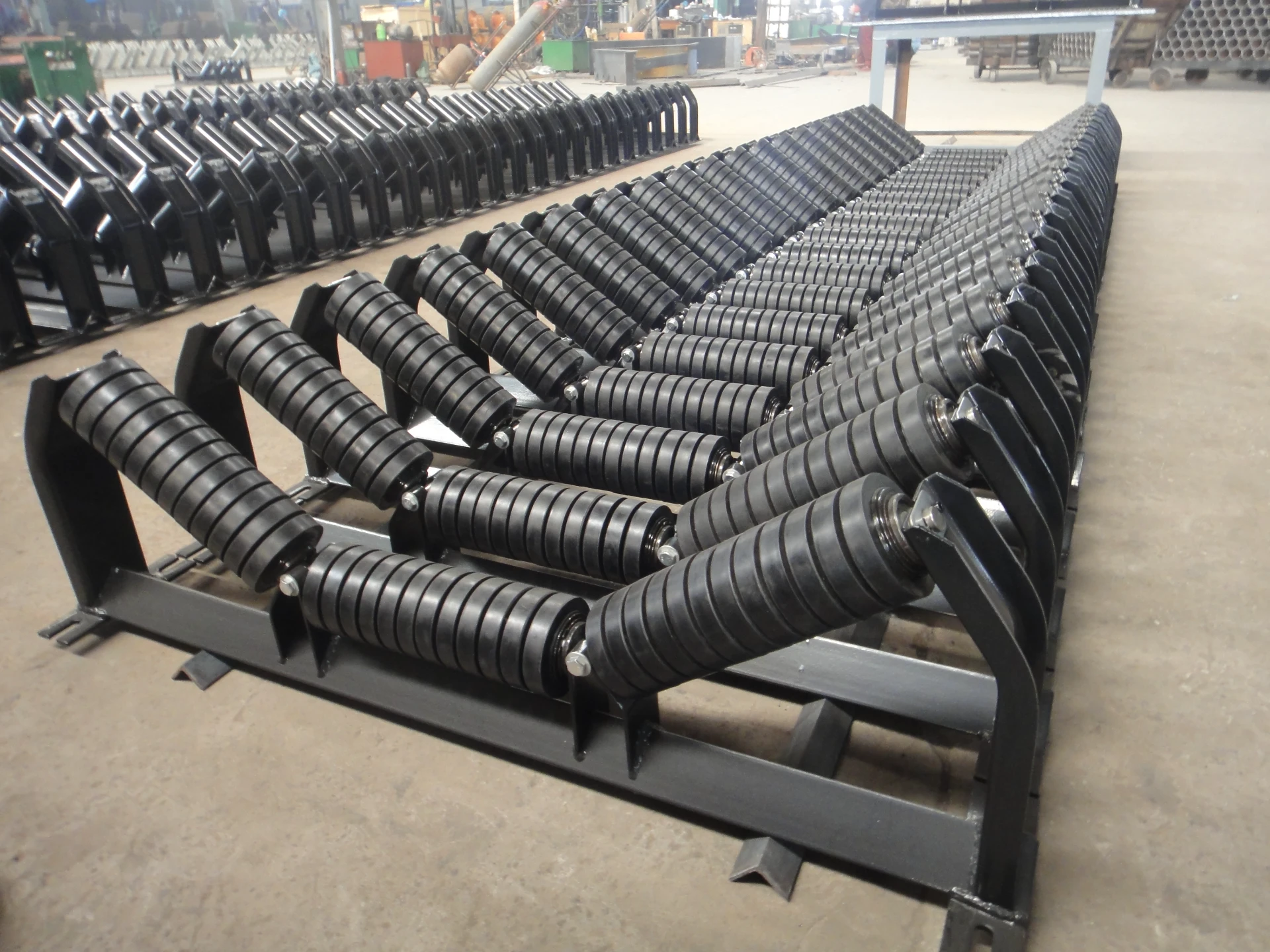 Afrikaans
Afrikaans  Albanian
Albanian  Amharic
Amharic  Arabic
Arabic  Armenian
Armenian  Azerbaijani
Azerbaijani  Basque
Basque  Belarusian
Belarusian  Bengali
Bengali  Bosnian
Bosnian  Bulgarian
Bulgarian  Catalan
Catalan  Cebuano
Cebuano  Corsican
Corsican  Croatian
Croatian  Czech
Czech  Danish
Danish  Dutch
Dutch  English
English  Esperanto
Esperanto  Estonian
Estonian  Finnish
Finnish  French
French  Frisian
Frisian  Galician
Galician  Georgian
Georgian  German
German  Greek
Greek  Gujarati
Gujarati  Haitian Creole
Haitian Creole  hausa
hausa  hawaiian
hawaiian  Hebrew
Hebrew  Hindi
Hindi  Miao
Miao  Hungarian
Hungarian  Icelandic
Icelandic  igbo
igbo  Indonesian
Indonesian  irish
irish  Italian
Italian  Japanese
Japanese  Javanese
Javanese  Kannada
Kannada  kazakh
kazakh  Khmer
Khmer  Rwandese
Rwandese  Korean
Korean  Kurdish
Kurdish  Kyrgyz
Kyrgyz  Lao
Lao  Latin
Latin  Latvian
Latvian  Lithuanian
Lithuanian  Luxembourgish
Luxembourgish  Macedonian
Macedonian  Malgashi
Malgashi  Malay
Malay  Malayalam
Malayalam  Maltese
Maltese  Maori
Maori  Marathi
Marathi  Mongolian
Mongolian  Myanmar
Myanmar  Nepali
Nepali  Norwegian
Norwegian  Norwegian
Norwegian  Occitan
Occitan  Pashto
Pashto  Persian
Persian  Polish
Polish  Portuguese
Portuguese  Punjabi
Punjabi  Romanian
Romanian  Russian
Russian  Samoan
Samoan  Scottish Gaelic
Scottish Gaelic  Serbian
Serbian  Sesotho
Sesotho  Shona
Shona  Sindhi
Sindhi  Sinhala
Sinhala  Slovak
Slovak  Slovenian
Slovenian  Somali
Somali  Spanish
Spanish  Sundanese
Sundanese  Swahili
Swahili  Swedish
Swedish  Tagalog
Tagalog  Tajik
Tajik  Tamil
Tamil  Tatar
Tatar  Telugu
Telugu  Thai
Thai  Turkish
Turkish  Turkmen
Turkmen  Ukrainian
Ukrainian  Urdu
Urdu  Uighur
Uighur  Uzbek
Uzbek  Vietnamese
Vietnamese  Welsh
Welsh  Bantu
Bantu  Yiddish
Yiddish  Yoruba
Yoruba  Zulu
Zulu Guide to Choosing the Right Roller Idler for Your Conveyor System
The Role and Importance of Roller Idlers in Mechanical Systems
In the realm of mechanical engineering and material handling, roller idlers play a critical role in the efficiency and effectiveness of conveyor systems. These components are essential for the smooth transportation of goods and materials across various industries, such as mining, agriculture, manufacturing, and logistics. This article delves into the purpose, types, and benefits of roller idlers, shedding light on why they are a fundamental element of conveyor systems.
What is a Roller Idler?
A roller idler is a cylindrical component that is used to support and guide a conveyor belt. Unlike powered rollers that propel the belt forward, roller idlers are non-powered components that serve to maintain the proper alignment and tension of the belt. They are typically mounted on frames at various intervals along the conveyor system to minimize friction and wear on both the belt and the materials being transported.
Types of Roller Idlers
There are several types of roller idlers, each designed for specific applications and conditions
1. Plain Idlers The simplest form of roller idlers, plain idlers consist of a single cylindrical roller. They are commonly used for supporting the conveyor belt along its path and are suitable for light to medium-duty applications.
2. Impact Idlers These idlers are specifically designed to absorb the shock and impact that occurs when heavy materials are loaded onto the belt. They have a broader design and often use rubber cushioning to reduce vibration and protect the belt from damage.
3. Return Idlers Positioned on the underside of the conveyor system, return idlers support the belt as it returns to the loading area. They ensure that the belt remains well-aligned and maintain its shape during return travel.
4. Tripper Idlers Used for in-line offloading, tripper idlers allow for the lateral transfer of materials from the conveyor system. These idlers can adjust the angle of the belt and facilitate the distribution of materials across various locations.
roller idler

The Benefits of Roller Idlers
The introduction of roller idlers in conveyor systems has numerous benefits, enhancing operational efficiency and reliability
1. Reduced Friction Roller idlers significantly lower the friction between the belt and the supporting framework. This decrease in resistance not only facilitates smoother movement but also reduces the wear and tear on both the belt and the idlers.
2. Improved Load Support By distributing the weight of the materials over a larger surface area, roller idlers provide better support for heavy loads. This capability extends the lifespan of the conveyor belt and reduces maintenance requirements.
3. Enhanced Stability With their ability to maintain proper belt alignment, roller idlers contribute to the overall stability of the conveyor system. Maintaining alignment is crucial to prevent spillage and ensure the safe transport of materials.
4. Cost-Effectiveness Investing in quality roller idlers can lead to substantial long-term savings. By minimizing maintenance costs and extending the life of the belt, these components offer a high return on investment.
5. Versatility Roller idlers can be employed in a wide range of environments and with various types of conveyor belts. Their adaptability ensures that they can meet the specific needs of diverse applications, from heavy industrial processes to lighter consumer goods handling.
Conclusion
In conclusion, roller idlers are indispensable components of conveyor systems that promote efficiency, stability, and longevity. Their various types cater to different operational requirements, enhancing the performance of material handling systems across numerous industries. By reducing friction, supporting heavy loads, and maintaining alignment, roller idlers contribute significantly to the smooth operation of conveyor systems. As industries continue to evolve and face new challenges, the importance of reliable, efficient, and well-engineered components like roller idlers will remain paramount in achieving operational success.
-
Trusted Conveyor Solutions from Leading Conveyor Idler Roller ManufacturersNewsJun.27,2025
-
Reliable Return Idler Solutions for Efficient Belt Conveyor SystemsNewsJun.27,2025
-
Precision Conveyor Accessories for Streamlined Material HandlingNewsJun.27,2025
-
High-Quality Belt Conveyor Idler Solutions for Efficient Material HandlingNewsJun.27,2025
-
High-Performance Belt Conveyor Pulleys for Reliable Material HandlingNewsJun.27,2025
-
Enhancing Material Handling EfficiencyNewsJun.27,2025





























